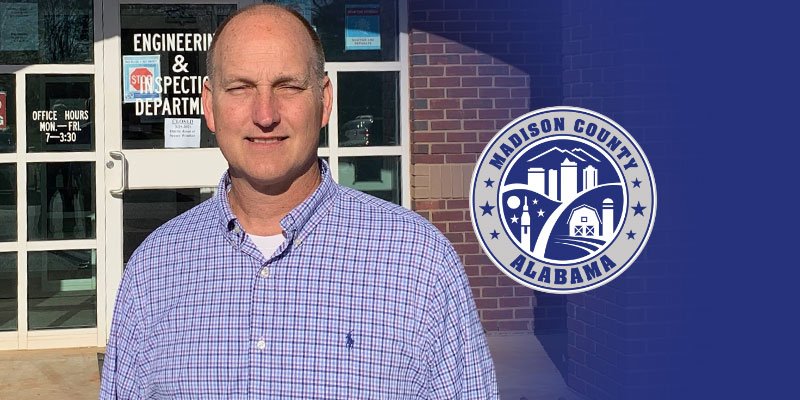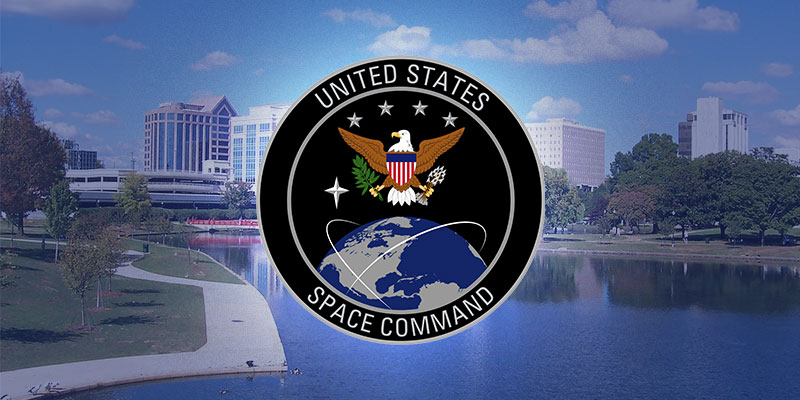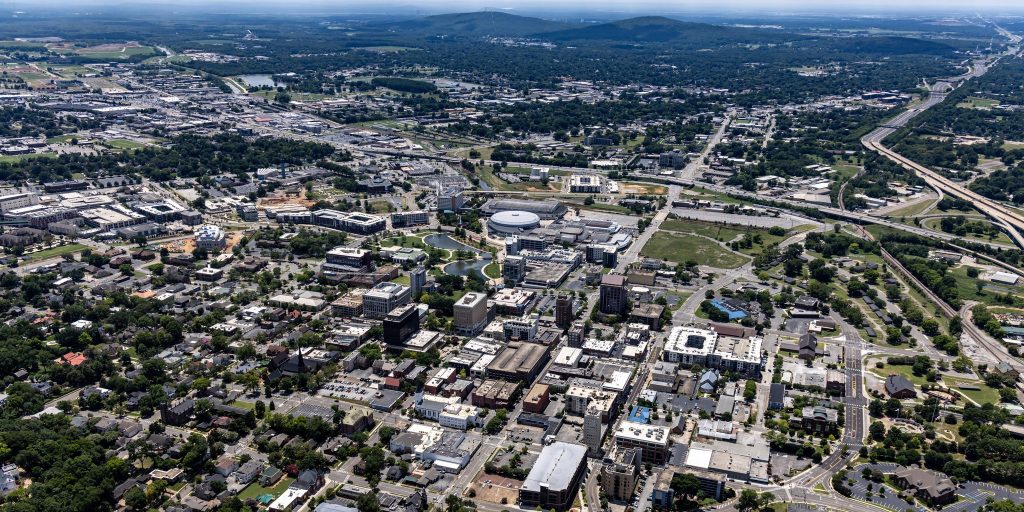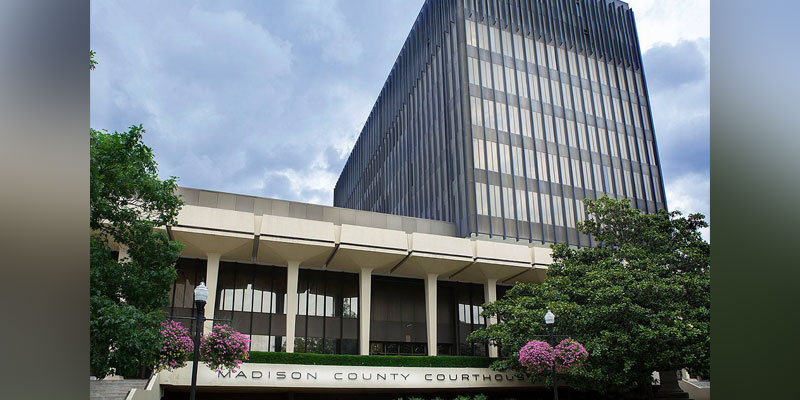When you think about innovation and technology improvements, the chances are very high you don’t think about the water that enters your home when you turn on a faucet or flush your toilet.
That’s not the case for Madison County Director of Public Works Chuck Faulkner. He sees technology and innovation being exploited to save hundreds of thousands of dollars annually for the Madison County Commission.
The commission oversees the operation of the Madison County Water Department, which serves 33,000 customers through 1,000 miles of water lines primarily in 400 square miles of northeast Madison County.
Faulkner says leaks are a constant issue for his department with an average of 120 leaks each month. The two biggest causes are an aging water supply infrastructure and new construction that is taking place in Madison County. Despite the best efforts by the water department to alert work crews to the presence of water lines, theses crews will invariably damage water lines during construction.
While it would be near impossible to pinpoint where old water lines may spring a leak, there are ways to limit those financial losses, Faulkner explains. That’s where technology and innovation enter the picture.
The development of an Advanced Metering Infrastructure (AMI) system for Madison County has been underway for four years. Since the inception of the program, more than 7,000 units have been installed.
The AMI connects sensors to a centralized computer and those sensors send signals every three hours about water usage on each location of the sensors.
“For example, if you have a toilet in a house that has developed a leak, we can detect that leak by the higher rate of usage. It might be unlikely the customer is aware of the leak, so we can contact the customer and they can correct the problem,” Faulkner said.
Two things are driving the development of installing the advanced meter infrastructure, he said. But the bottom line is just that – the bottom line. Currently, Madison County is writing off $300,000 a year in adjustments for customers who have leaks that could go on as long as six weeks before they are discovered. Also, the county partners with Huntsville Utilities to read the meters for the county water system. Huntsville Utilities is moving toward AMI as well. As a result, the cost of continuing to have Huntsville Utilities manually read the meters in the county system would become more expensive.
Faulkner said county officials reviewed various options and it just made financial sense to develop the Advanced Metering Infrastructure for the county. He said adding staff to read 33,000 meters would add more than $600,000 in costs each year. The annual revenues from providing water are approximately $12 million. “Madison County water ratepayers are significantly better served with the AMI option,” Faulkner said.
The pace of installing the infrastructure for the remainder of the customers – approximately 24,000 – should speed up, according to Faulkner. The Madison County Commission has signed a contract with UWS Inc. to complete the project in the next two years.
Madison County Commissioner Phil Riddick said Faulkner and the rest of his staff have proven the value of the AMI system. “This is giving the commission great confidence that we will invest in a system that will provide outstanding financial return on the taxpayers’ dollars that are entrusted to the Madison County Commission,” Riddick said.
Another improvement underway in the water system is to create additional, smaller water zones (District Metered Areas). Currently, the 33,000 customers in the 400 square miles are included in one of three zones. According to Vince Moody, the county’s water system engineer, monitoring the large areas will be improved through the creation of 10 zones. Leaks will be discovered more quickly, but it will also allow for better management of the various pipeline pressures on the water infrastructure system that are more problematic in large zones.
The Madison County Public Works department is being more aggressive in the creation of these zones. Faulkner said the plan is to have the smaller zones by October.
Ray Garner is a contributing writer to Yellowhammer News.











